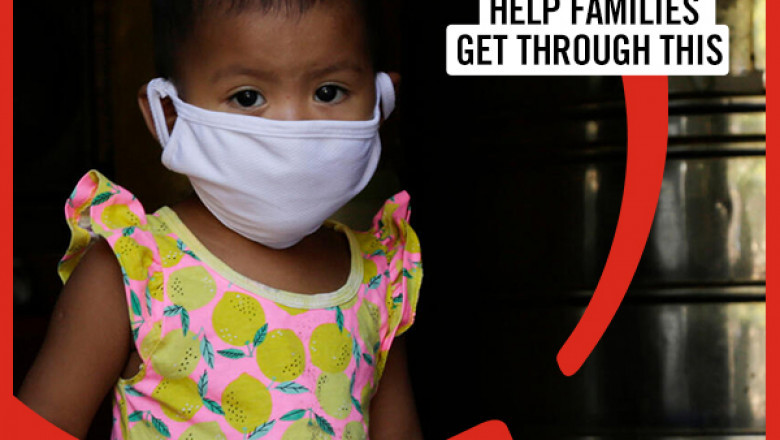views

Banish child labour.
Child labour involves extreme forms are enslavement, separation from their families, exposure to serious hazards, and/or abandonment on urban streets at an early age. Certain people also argue that some definitions of ‘child’ and ‘labour’ have developed from a western perspective that does not reflect other cultures' perspectives. The national goal of each country also influences the classification of various forms of ‘work’ and/or ‘labour’. Even though the definitions may not be crystal clear, most countries impose some restrictions on how much and what type of work children may do. Nevertheless, they are, at times, not acknowledged or enforced.
We see many children, till date, weaving rugs, making bricks, farming, disassembling toxic electronics, selling, cooking, diving for fish, or serving as child prostitutes, domestic workers, child soldiers, etc. in many areas of the world. The list, sadly, goes on and on.
Here are a few tips to stop child labour, in an individualistic capacity:
-
Get educated! Learn from several resources that shed light on this topic, and then share what you learn with friends, colleagues, and others, and work together to increase the power of awareness.
-
Reach out to retailers, manufacturers, and importers. Attempt to find out where their products come from. Suggest ethically made products and services to offer instead of products involving child labour.
-
Purchase fair trade products and avoid sweatshops. Purchase and use borrowed items, share, trade, or make them yourself.
-
Become a self-sufficient food producer. Choose farmer’s market and avenues as such.
-
Donate your time and money.Use some saved money to help free children from exploitative labour and help them attain a good education.
-
Whenever you can, volunteer your time. Write to representatives at the local, state, and national levels to encourage them to pass laws to ensure that no products are made with child labour in your city/state/country and encourage them to adopt ‘strict codes of conduct’ that include humane, sustainable, and just practices.
-
Get in touch with companies/organisations conducting business in countries that employ children. Educate them on the importance of pressuring government officials to take action and businesses that utilize child labour to use sustainable, fair-trade practices.
-
Be ethical when investing. Make sure that your company supports humane, sustainable, and fair trade practices that do not employ child labor if you are a shareholder.
-
Government leaders should be contacted. Ensure that your government enforces its laws and provides opportunities for education for children and sustainable business opportunities for adults.
-
Share your knowledge with others. Deliver presentations to schools, religious groups, non-profit organizations, and other groups to educate and promote positive action on child labour issues. We cannot stop child labour and change these insidious practices easily, but there are things we can do to help children, reduce child labour, and prevent human oppression and exploitation of children.
Every year, on June 12, World Day Against Child Labor is observed. We should not limit this to just one day.
Join the movement to stop child labour with Save the Children.
Come, make a difference.












